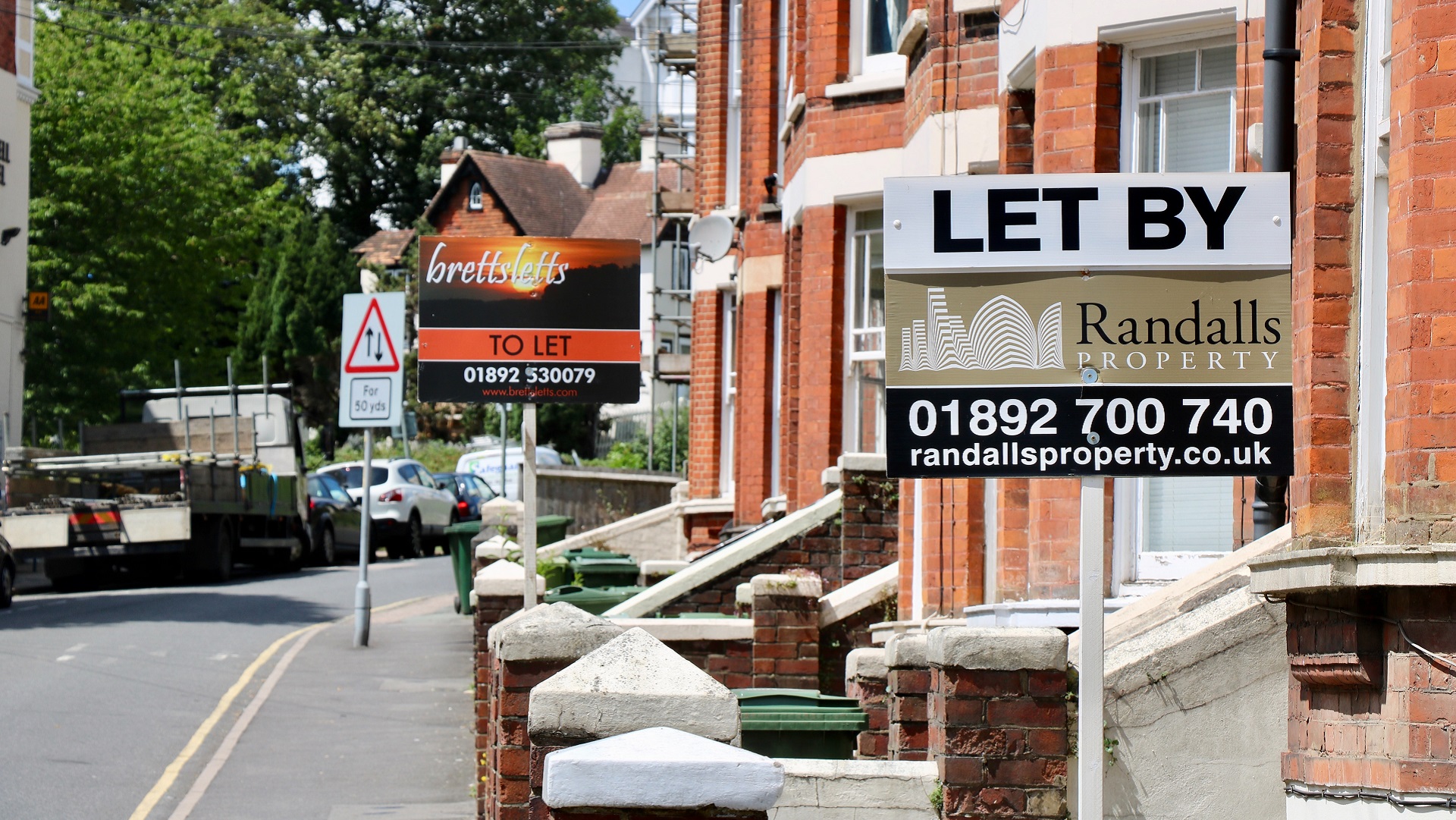This would buck a long-term trend of decline. The number of social rent homes fell from 4.0 million in March 2013 to 3.8 million in March 2021, according to research by the House of Commons.
Here’s the rub: without extra funding, big promises are unlikely to pan out.
“Unless somebody’s going to produce some additional money, I can’t see how it’s going to be anybody’s silver bullet”, says Christine Whitehead, emeritus professor of housing economics at the London School of Economics.
“You can’t get a lot more without putting some money in, and I don’t think there’s any suggestion that the government’s going to put money in at the moment,” says Whitehead, who also advises the communities and local government select committee on private renting.
Your support changes lives. Find out how you can help us help more people by signing up for a subscription
The government’s affordable homes programme provides £11.5 billion in funding to build 180,000 new homes, with half of this money allocated to discounted rent schemes. This brings a trade-off, says Nick Gallent, professor of housing and planning at University College London.
Advertising helps fund Big Issue’s mission to end poverty
“If there’s no extra funding and planning authorities just focus on social rent requests, there will be less ‘affordable housing’ overall,” Gallent says.
This is because social rent is more expensive to subsidise, and so fewer homes can be supported from the same budget.
“If you shift from affordable rent to social rent, the cost is greater,” Gallent explains. “But it’s possible to increase social rent by reducing other products. But the unit total of all ‘affordable housing’ will fall, unless additional resource is found.”
Gallent added: “Either Labour or the Tories can focus on social rent, at the expense of other ‘affordable tenures’. But if you want the total number of ‘affordable homes’ to stay the same or grow, whilst focusing on social rent, you’d need to increase grant levels or extract more from the development process.”
Get the latest news and insight into how the Big Issue magazine is made by signing up for the Inside Big Issue newsletter
Despite all the lip service from both main parties, and its potential to transform lives, don’t expect social rent to dominate the airwaves during the election.
Advertising helps fund Big Issue’s mission to end poverty
“I would be surprised if it was important, honestly,” says Whitehead.
“I think what’s important to people is: are we going to build any more houses? Getting down to the detail of who they’re for, I wouldn’t have thought that’s going to be very important in the election I’m afraid.”
Instead, for local authorities, a lack of funds and emergency housing presents more pressing issues.
“Many local authorities are much more worried about where they can get temporary housing from,” says Whitehead.









